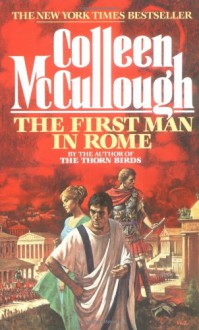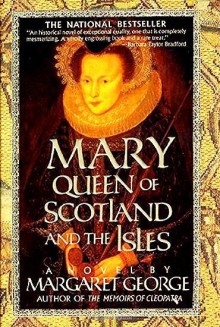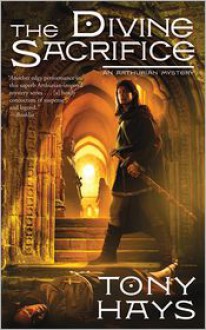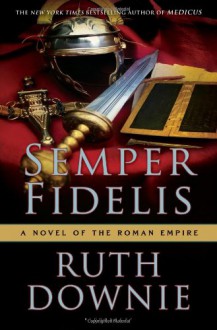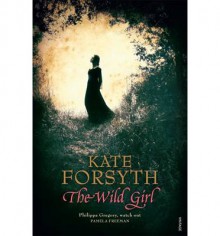
It seems rather fitting to read a book that's a re-telling of the Rapunzel fairy tale right now. That's part of the reason I was drawn to this book. The other part? I was hoping for something lighter, more uplifting. Disney has spoiled me into thinking all fairy tales have happy endings.
The premise of this book is a re-telling of the story of Rapunzel. You know, the girl with the hair who gets locked in the tower. Her magical hair is the source of everlasting youth for an evil witch. All of those elements are here but this story is so much more.
Charlotte-Rose de la Force was a real historical figure. She is the person credited with creating the first recorded version of Rapunzel. She lived in France during the reign of the Sun King. Hers was not a charmed life. Charlotte managed to find herself entangled in scandal after scandal. After one scandal too many, Charlotte is banished to a convent. While working in the gardens, Charlotte is told the story of Rapunzel, or as she is called in this story, Marghertia. The story of Margherita braids (see what I did there) itself into Charlotte's story. After some time the reader is even given the back story of Margherita's witch.
Normally, I'm not a fan of stories that jump perspectives as frequently as this one does. Most writers aren't able to maintain the flow necessary to keep the story together. I tend to find them a little choppy. This was not the case with Bitter Greens. Forsyth does a masterful job weaving the stories of all three women together.
This story was exactly what I needed right now. I know I'm not being held against my will in a tower by an evil witch. I know I haven't been banished to a convent. I am stuck in a house with three demanding, bored, irritable princesses. However, much like Marghertia, I believe it's important to continue to look forward to a time when we will all be allowed to roam free. It sounds cliche. I know but honestly, who couldn't do with a little cliche right now?
I feel a little better having read this book. Right now, I think we could all agree, that really is the point of reading.
Dates Read 4/1/2020 - 4/5/2020
Book 23/75

 Log in with Facebook
Log in with Facebook 
